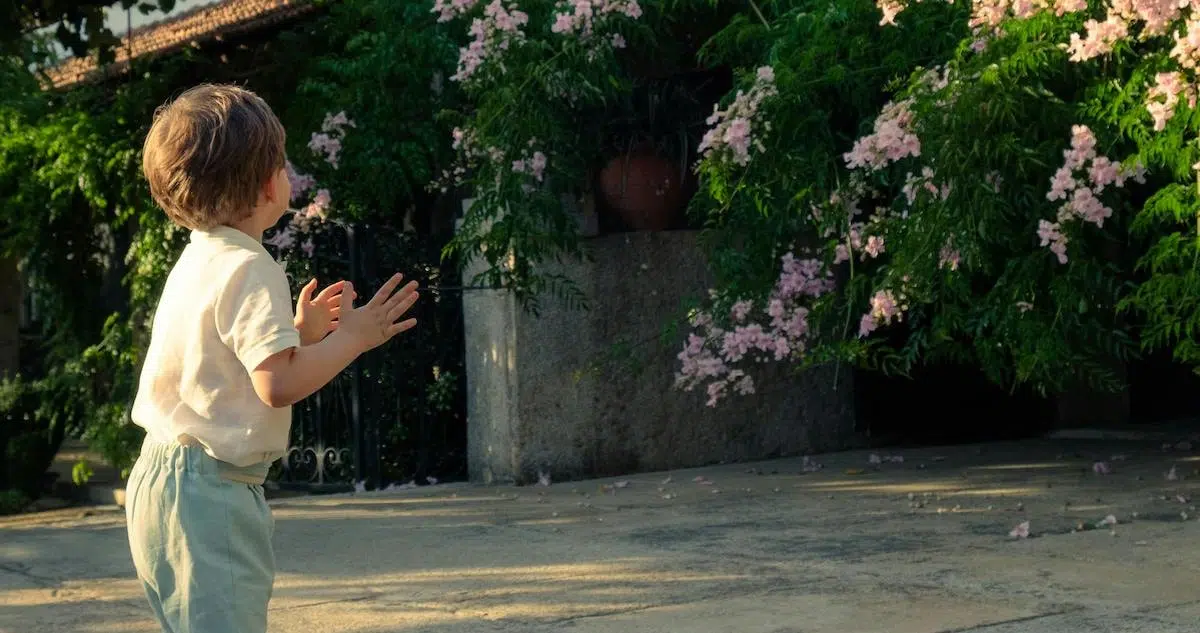Should my baby be talking already?
Kiindred
Kiindred
Up next
Now that your child is well past their first birthday, there may be growing pressure to live up to high expectations. If they haven’t already, their tiny feet will be itching to start walking, and you’ll be eager to hear them speak more. While milestones are crucial for assessing infant development, keep in mind that every baby is unique. They’ll soon be engaging in constant conversation, regaling you with tales and talking back when you tell them it’s time for bed. Hey! You have to take the good with the bad!
Will my baby start talking ?
Every single baby is different but many will begin imitating simple sounds and motions, like clapping or waving, around the age of 6 to 8 months. This is an exciting stage because it shows how well they are mimicking and communicating with one another. Additionally, they might respond to their name and recognise words and phrases that are familiar to them.
Should my baby be talking by now?
Most babies will have said their first word by this point, most commonly it will be mama or dada, but don’t get offended if it’s something to do with food or a favourite toy or pet! Get excited because your child’s first word will be a memorable moment in your family. Aside from that, they will most likely be joyfully reciting around three other words in their vocabulary at this time. From doggy to milk, you’ll hear them on repeat throughout the day. By now they might be communicating through pointing at objects when you say them or repeating the simple words you tell them.
A fun way to celebrate and remember these moments is to record them, repeat the words back to them, and praise them. Hearing your excitement will only encourage them to speak more, and by recording it, you’ll have a beautiful memory to cherish. Don’t worry about how many words or sentences you can string together just yet; you’ll have plenty of time to talk around 2 years when the lightbulb goes off and the floodgates of speech open.
Sign up
Get tailored content based on your week of pregnancy
By signing up, you agree to receiving our Newsletters. Cancel anytime.



How does talking increase with infant development?
As babies continue to develop their language skills, their vocabulary expands rapidly. By the age of 18 months, most children have a vocabulary of 20 to 50 words or more. They begin combining words to form simple two-word phrases, such as “more milk” or “big dog.” Their comprehension of language also grows significantly during this period, as they start understanding and following simple instructions.
It’s essential to support and encourage language development during these early years. Engage in frequent verbal interactions with your baby, narrate daily activities, and read books together. Respond to their attempts at communication, repeating and expanding on their words and babbling. Create a language-rich environment that exposes them to a variety of words, sounds, and experiences.
What if my little one isn’t speaking yet?
Don’t worry! It can be challenging to avoid comparing them to peers on the playground or users of social media, but keep in mind that each child is unique and will arrive at their destination at their own pace. They are developing and working on it as long as they are making an effort and demonstrating an interest. They are simply practising; one day out of the blue you’ll hear it if they make noises and use their voice but have not yet created a complete word.providing them with numerous opportunities, such as pointing at their toys and speaking the words aloud, during storytime and games. Ask them questions and give them the opportunity to choose things with their words by asking them things like, “milk or juice?”. When they make noises give them direct eye contact so that they feel heard and more excited to make some progress. Speak to them often and emphasise words like mama or dada that they can begin to formulate.
If you have any concerns about your baby’s speech development, talk to your GP, pediatrician or a speech-language pathologist, who can assess their progress and provide appropriate guidance.
Just remember, the journey of infant speech is a process that unfolds gradually over the first year of life. From cooing and babbling to the excitement of their first words, babies embark on a remarkable linguistic adventure. By understanding the stages of early speech development and providing a supportive and language-rich environment, you can lay a solid foundation for your baby’s future communication skills and unlock the wonders of their evolving world of words.
Related Articles
Trending
Kiindred
Follow +Brought to you by the Kiindred Editors. Our team are committed to researching and writing on all the things we know you will want to know about, at each stage of your pregnancy and parenthood journey.









